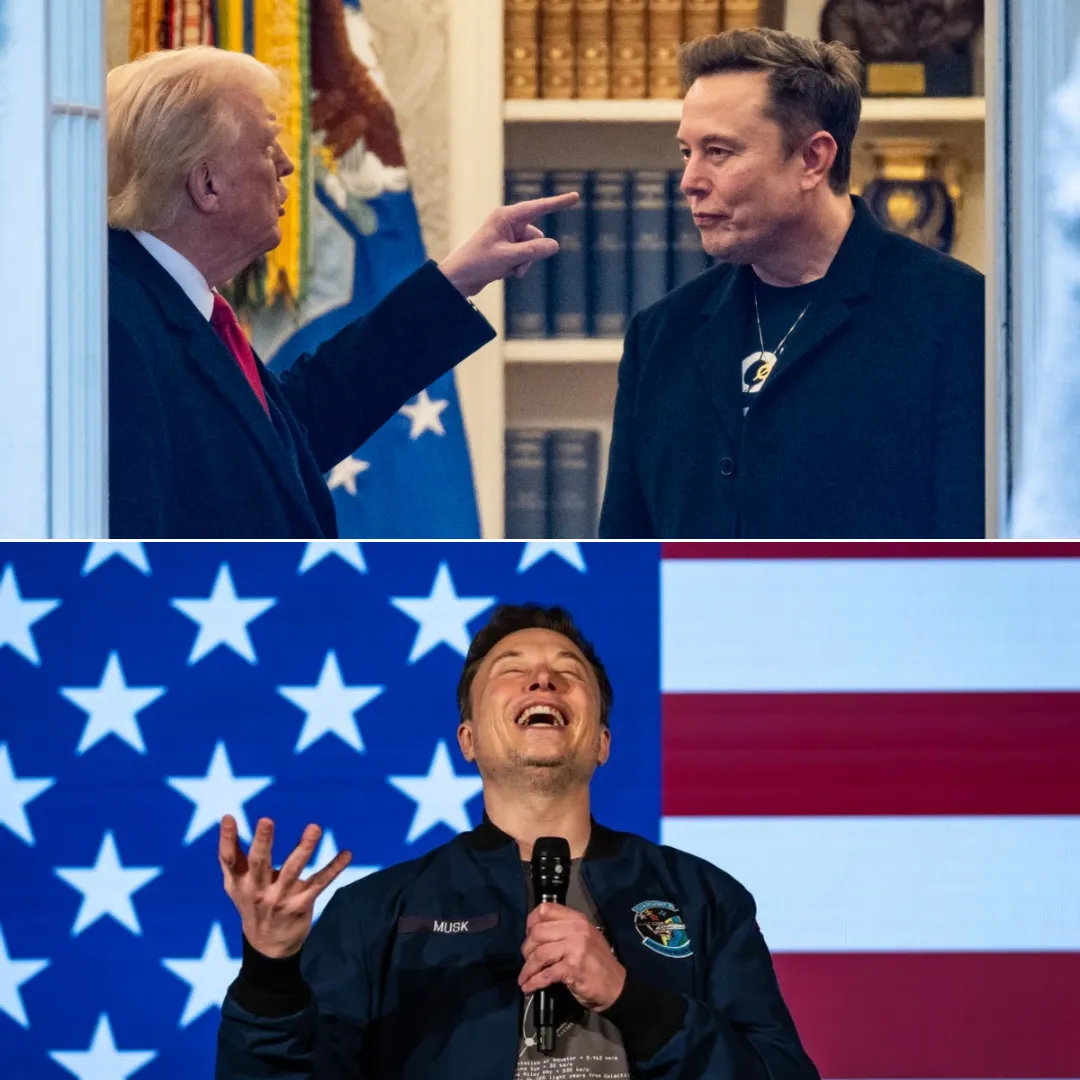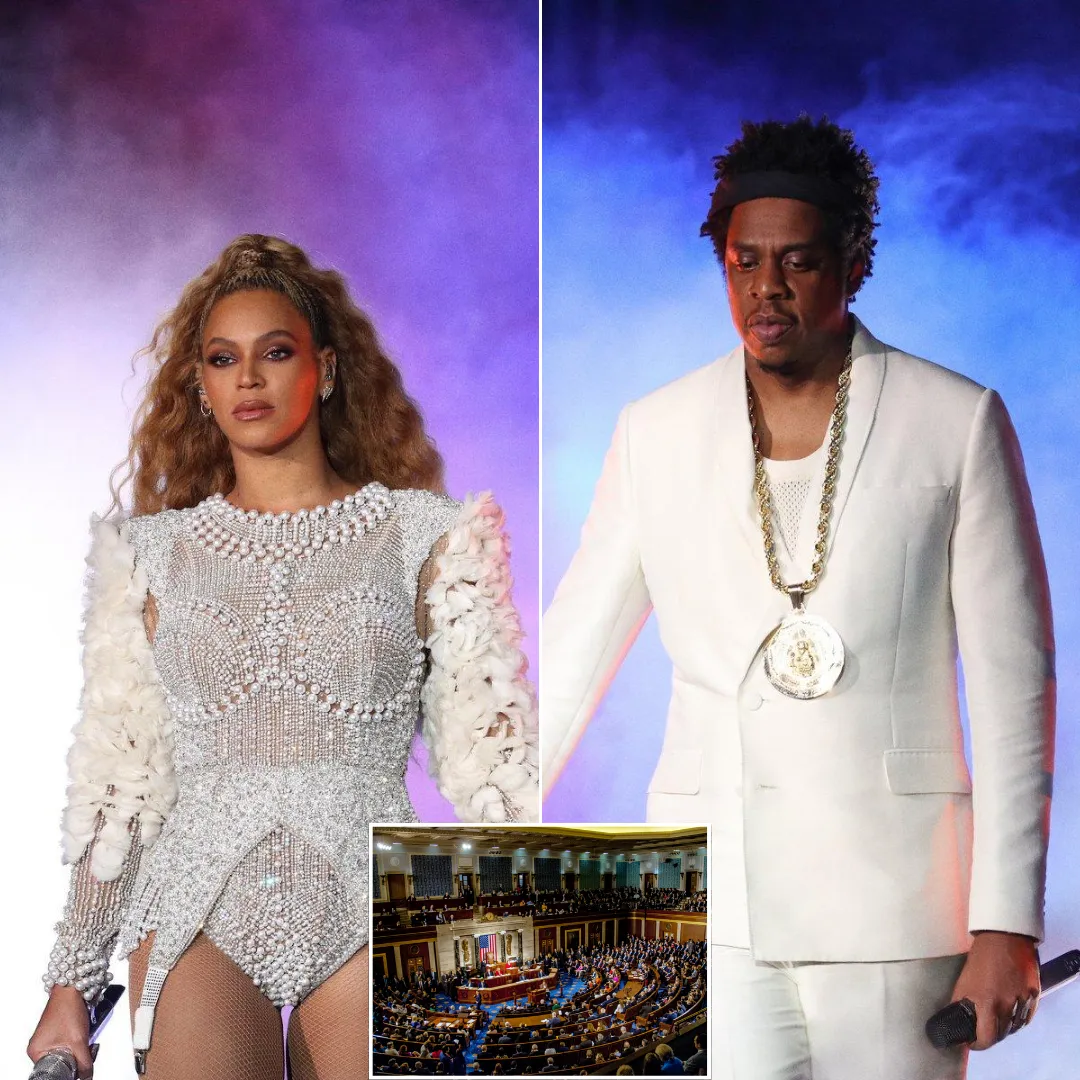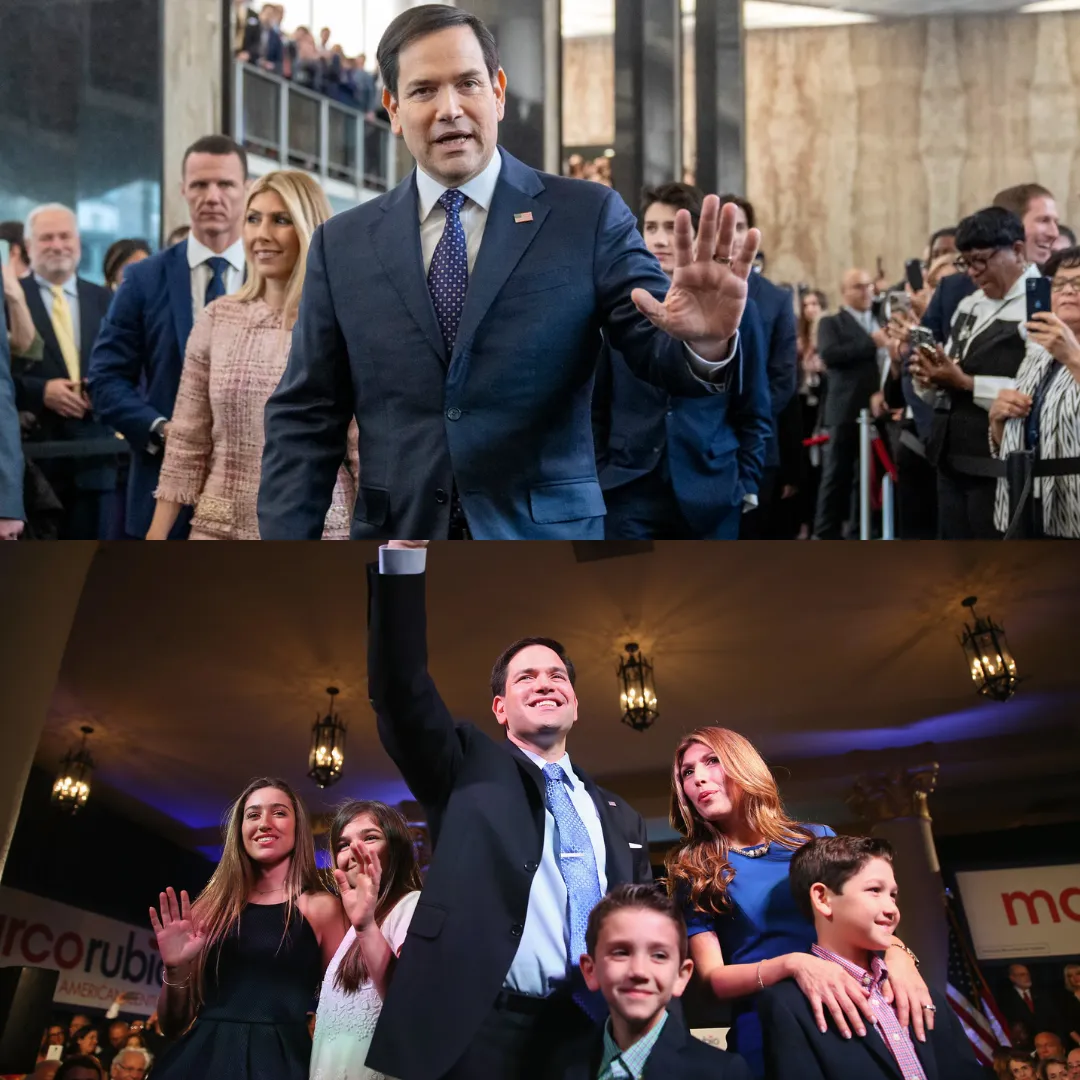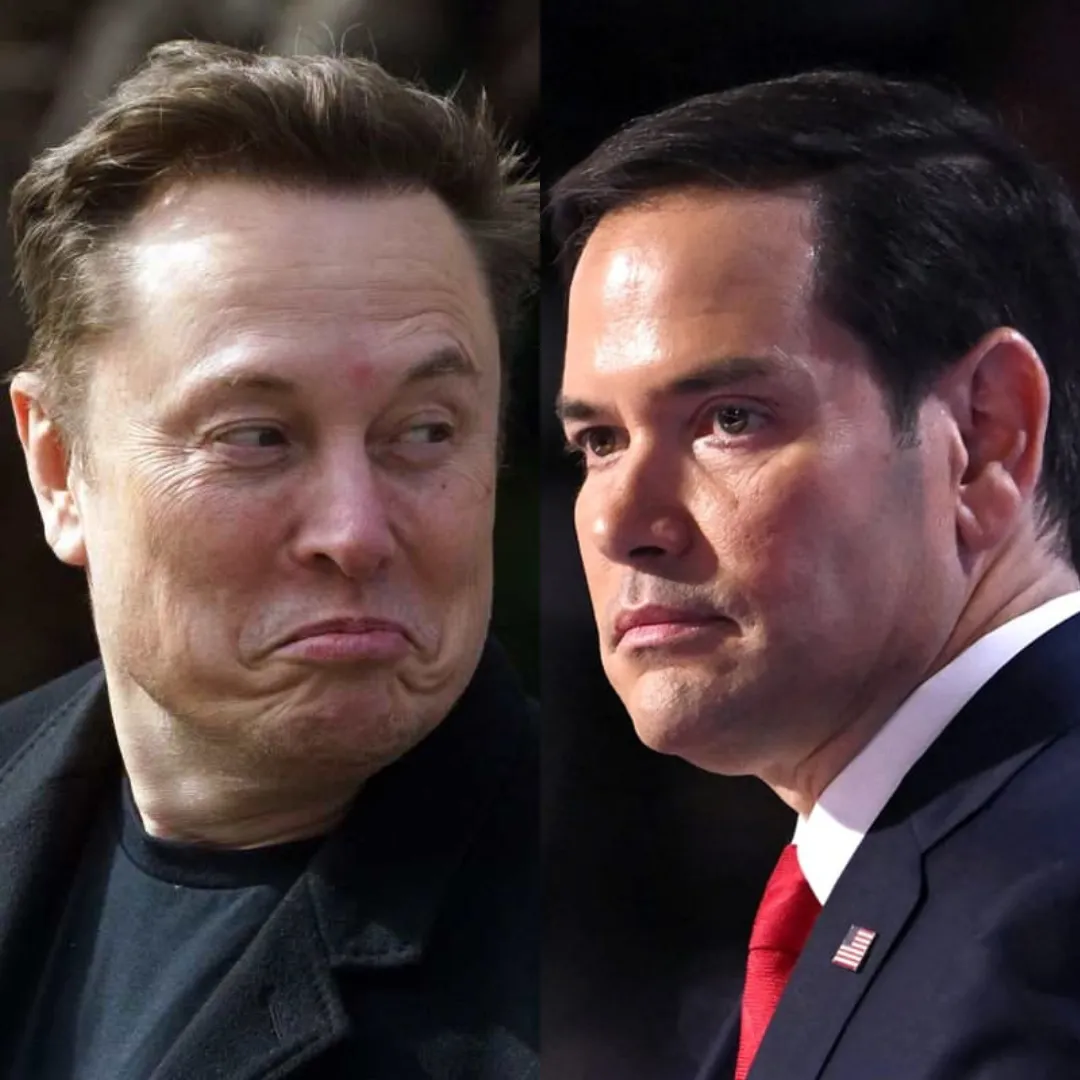Elon Musk and Donald Trump have long been two of the most polarizing figures in the world, both capable of attracting and alienating followers with their bold rhetoric and larger-than-life personas.
For years, their relationship seemed like a perfect match—both billionaires, both outspoken, and both unafraid to push the boundaries of what’s considered acceptable in the political and business spheres.
However, as time has gone on, the cracks in their relationship have become increasingly apparent, and what once seemed like a mutually beneficial partnership has now transformed into a deeply fractured and, in some cases, downright hostile situation.
At the heart of this breakup is what can only be described as a ‘friendship of convenience.’ The two men shared a mutual admiration in the early days of their interactions, but as they navigated their respective paths to power, their priorities began to diverge.
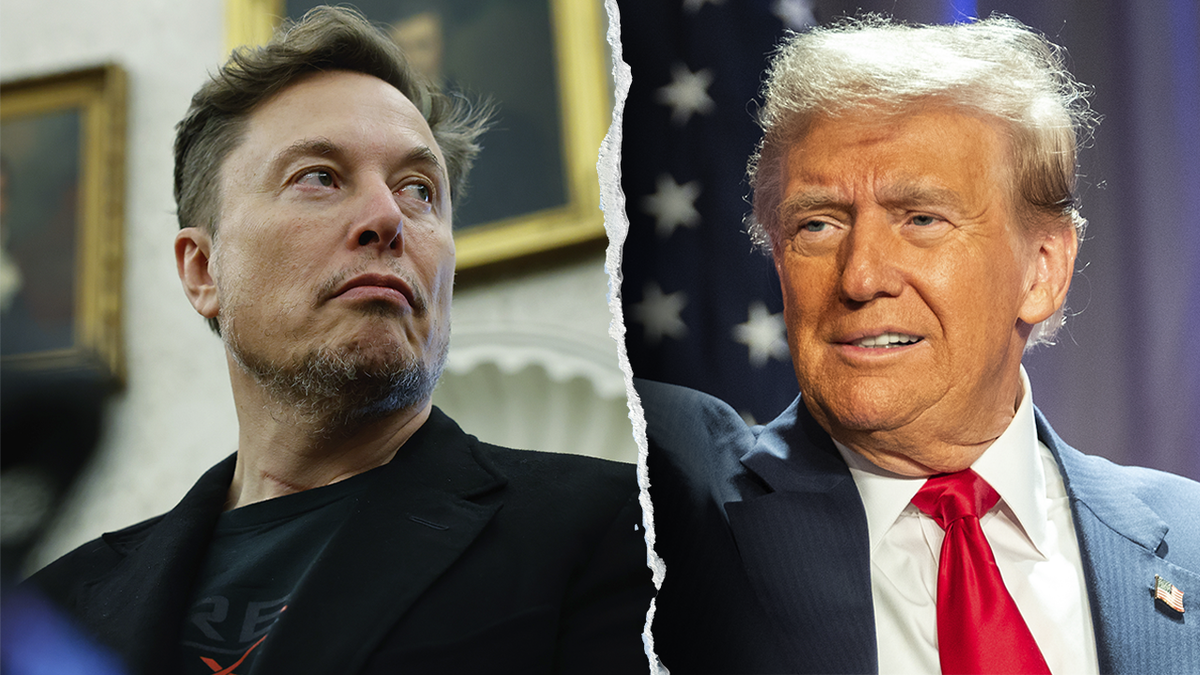
Musk, with his growing empire of electric vehicles, space exploration, and AI innovations, was constantly seeking ways to influence public policy in favor of his ventures.
Trump, meanwhile, was focused on furthering his political agenda, whether it was tax cuts, deregulation, or pushing for a more aggressive stance on issues like trade and national security.
Initially, their relationship seemed more like a partnership built on shared interests and mutual admiration. Musk, who had taken a seat on Trump’s advisory councils, benefited from the favorable policies the Trump administration enacted for businesses.
Trump, in turn, saw Musk as a champion of American innovation, a man who could help further his “America First” agenda, especially with his ventures like SpaceX and Tesla. But over time, as Musk distanced himself from the Trump administration and its controversial policies, the cracks began to show.
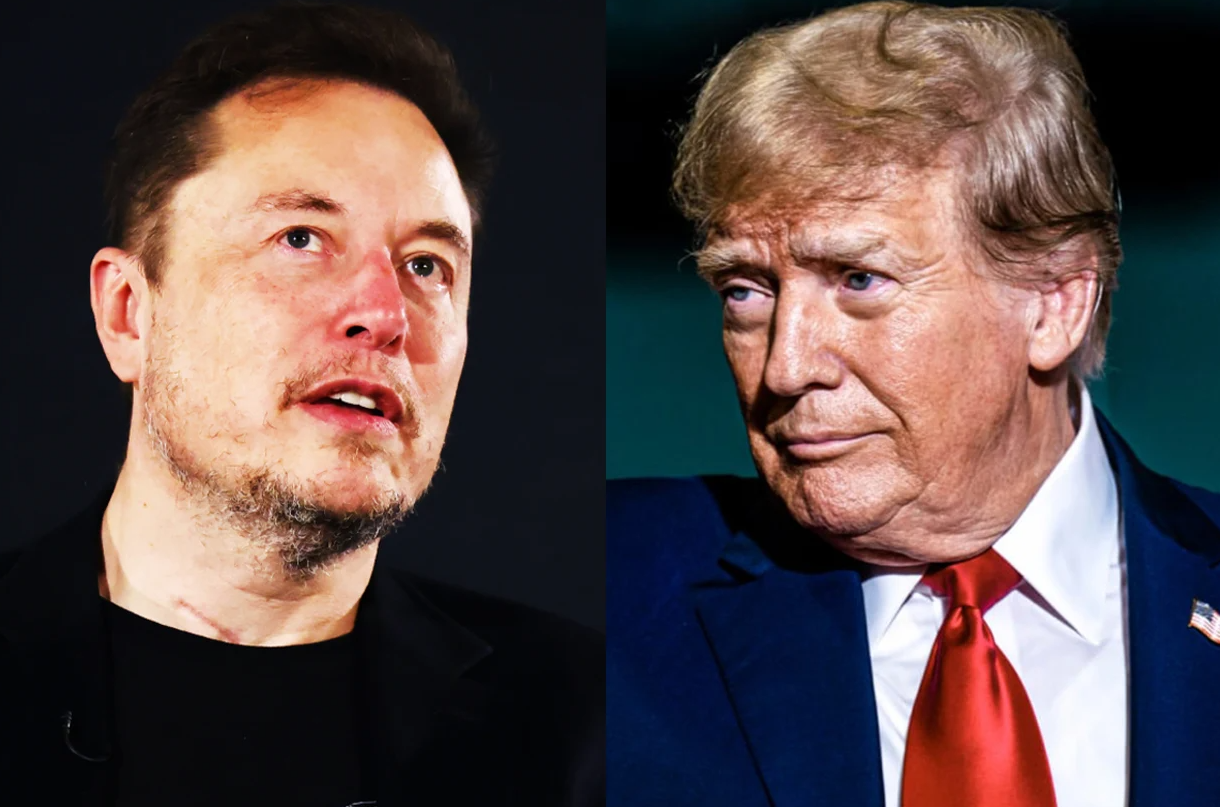
The first major rift between the two surfaced when Musk distanced himself from the administration after Trump’s withdrawal from the Paris climate accord in 2017.
Musk, who had always been vocal about his commitment to renewable energy, felt that the decision undermined his efforts to promote sustainable technologies.
The fallout from this event marked the beginning of a subtle but undeniable tension between the two men. Musk began to publicly criticize the administration’s stance on climate change and the environment, while Trump’s team increasingly viewed Musk as a loose cannon, someone whose views were more aligned with Silicon Valley liberals than the conservative establishment.
However, it wasn’t until Musk made headlines by leaving government advisory councils that the relationship truly began to fracture. His departure was not just a personal decision, but a clear sign that he no longer wanted to be associated with a president whose policies he no longer supported.
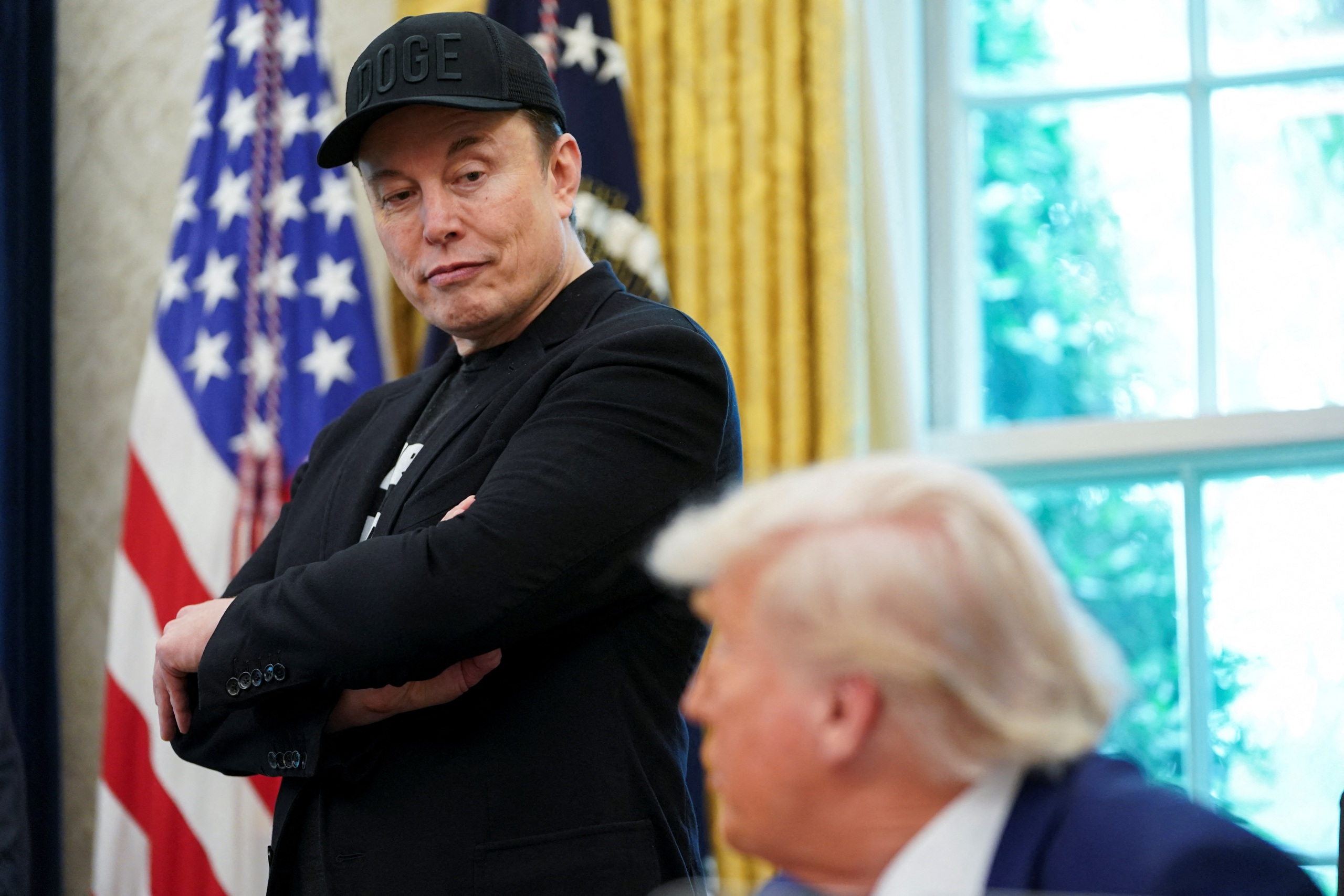
This move, while not unexpected, sent shockwaves through both the business and political worlds. The amicable relationship they once had quickly turned into something much more contentious.
The most recent blow came when Musk, in a scathing tweet, referred to Trump as “disgusting” after the former president criticized him publicly. Musk’s blunt remarks were not just a personal attack but a reflection of the growing animosity between the two.
Their once-strong political ties had dissolved, and what was left was a raw, public feud. But the question remains: what caused this shift from camaraderie to conflict?
Some speculate that the rift between Musk and Trump was a long time in the making. Despite their public interactions, both men have always had their own egos and agendas.

Musk, known for his unorthodox approach to both business and politics, was never one to follow the rules. Trump, on the other hand, had his own style of governing—often chaotic, sometimes self-serving, but always with a clear vision of what he wanted to achieve.
Musk’s decision to step away from Trump’s orbit may have been inevitable. As his companies grew and his influence expanded, Musk found himself increasingly at odds with the Trump administration’s policies, particularly when it came to climate change, free speech, and economic regulation.
But what made the split particularly striking was the speed with which it escalated into personal animosity. The two men, who once seemed inseparable, were now at each other’s throats in the public eye.
For Musk, the turning point may have been Trump’s handling of the pandemic. The former president’s downplaying of the virus and his eventual failure to contain its spread clashed with Musk’s vision of innovation and progress.
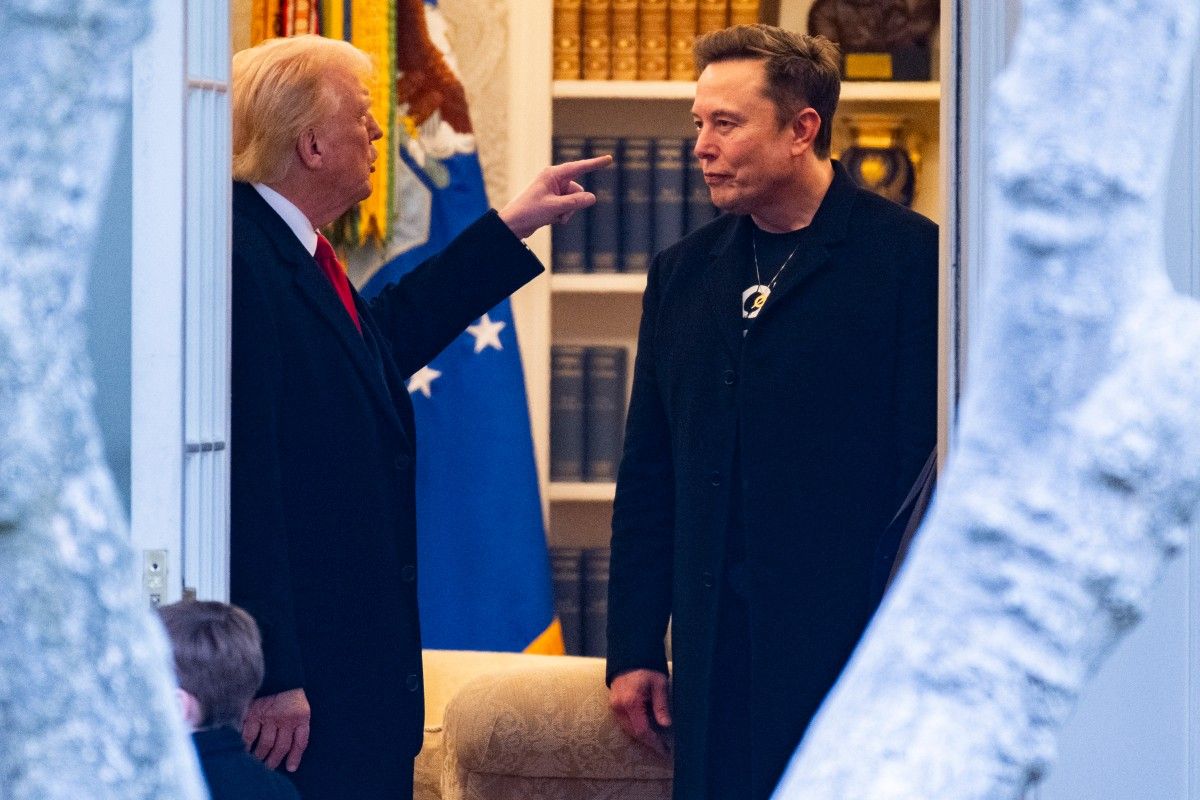
Musk’s outspoken comments about the pandemic and his refusal to shut down Tesla’s production lines in the early days of COVID-19 drew sharp criticism from public health officials and the media, but also showcased his defiance against the establishment.
This defiance, however, came at the expense of his relationship with Trump, whose approach to the pandemic was widely criticized. At the same time, Trump’s increasingly combative stance on global trade, immigration, and national security further alienated Musk, whose companies rely heavily on international markets and global cooperation.
Tesla, for instance, has factories in China, a country that Trump had frequently targeted with tariffs and sanctions. Musk, who had previously lauded Trump’s business-friendly policies, found himself increasingly caught between the president’s economic nationalism and his own global aspirations.
The bitterness between Musk and Trump reached new heights when Musk criticized Trump’s “Make America Great Again” rhetoric, a slogan that had defined Trump’s presidency.
Musk, whose focus has always been on the future—whether it’s through space exploration or sustainable energy—began to see Trump’s populist message as backward-looking and counterproductive.
Trump, in turn, began to view Musk’s growing influence as a threat to his own legacy, especially as Musk’s companies continued to thrive while Trump’s political career became increasingly mired in scandal and legal battles.
This personal and ideological divide became even more pronounced as Musk began to align himself more with the political left. His outspoken views on climate change, free speech, and technology regulation began to mirror those of Silicon Valley’s progressive elite, a group that had often been at odds with Trump’s conservative base.
Musk’s increasing involvement in politics, particularly his criticism of Trump and his policies, signaled that the once-close alliance between the two men was well and truly over.
In the end, the fallout between Musk and Trump serves as a cautionary tale of the volatility of alliances built on personal gain and political convenience. The initial partnership between the two may have been born out of mutual admiration and shared interests, but as their priorities shifted, so too did their relationship.

What began as a mutually beneficial arrangement between two of the most powerful men in the world has now turned into a bitter rivalry, one that highlights the dangers of alliances formed for pragmatic reasons rather than shared values.
The relationship between Musk and Trump may have started with promises of innovation, economic growth, and political influence, but it has ended with public accusations, personal insults, and the realization that no matter how powerful two individuals may be, their differences can ultimately drive them apart.
In the end, the story of Musk and Trump is not just about business or politics, but about the complex nature of human relationships and the unpredictable forces that shape them.


